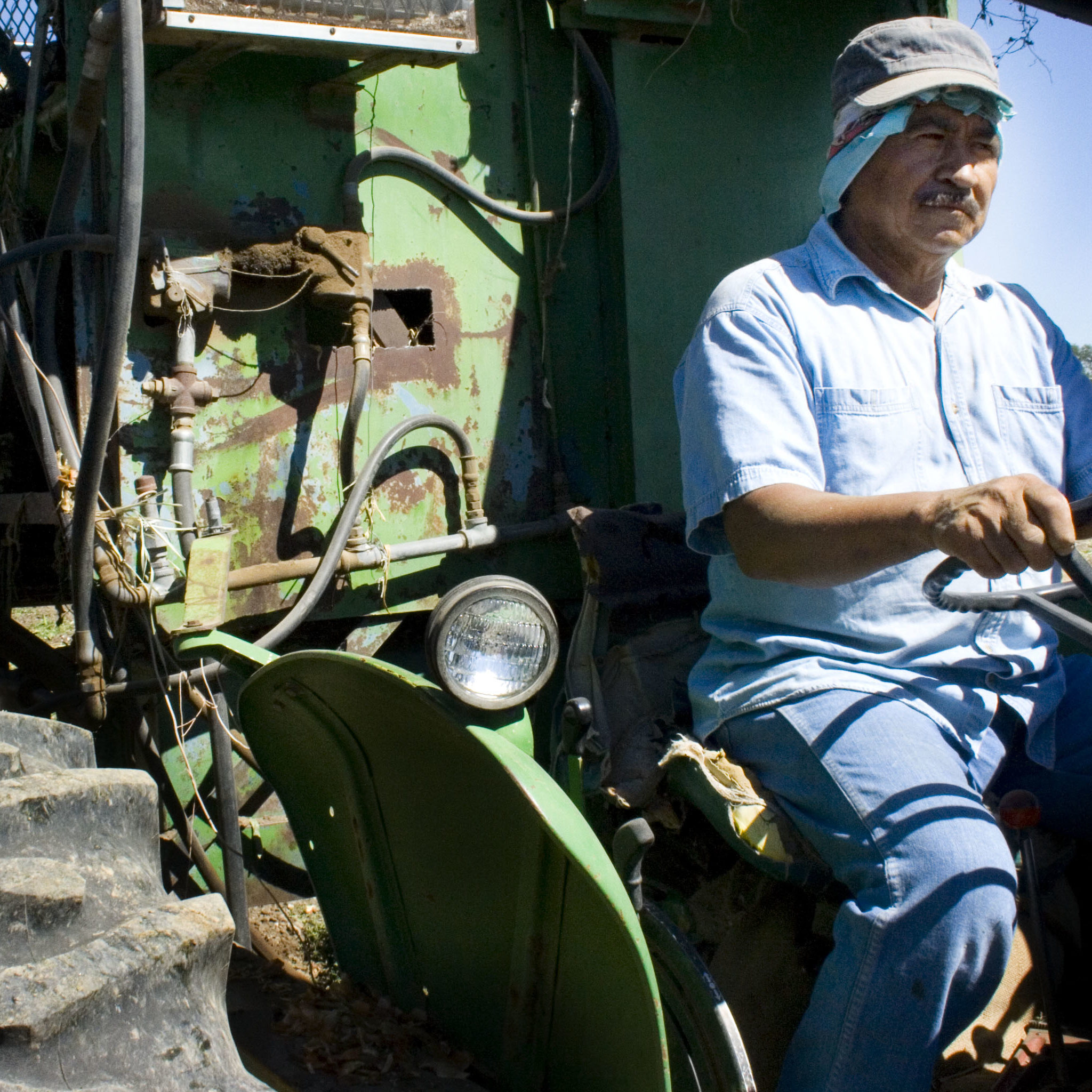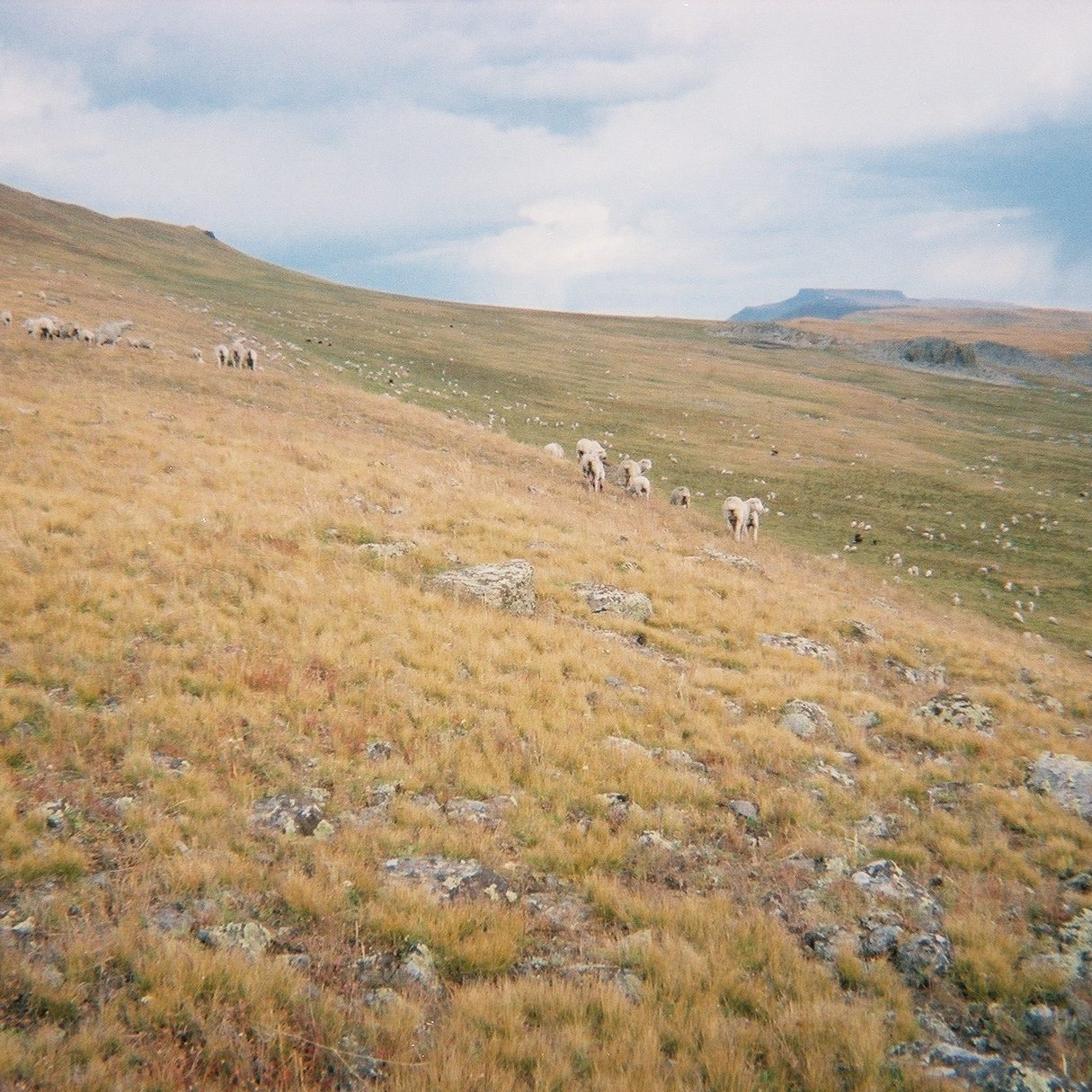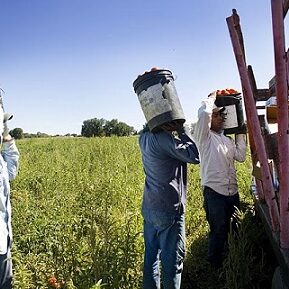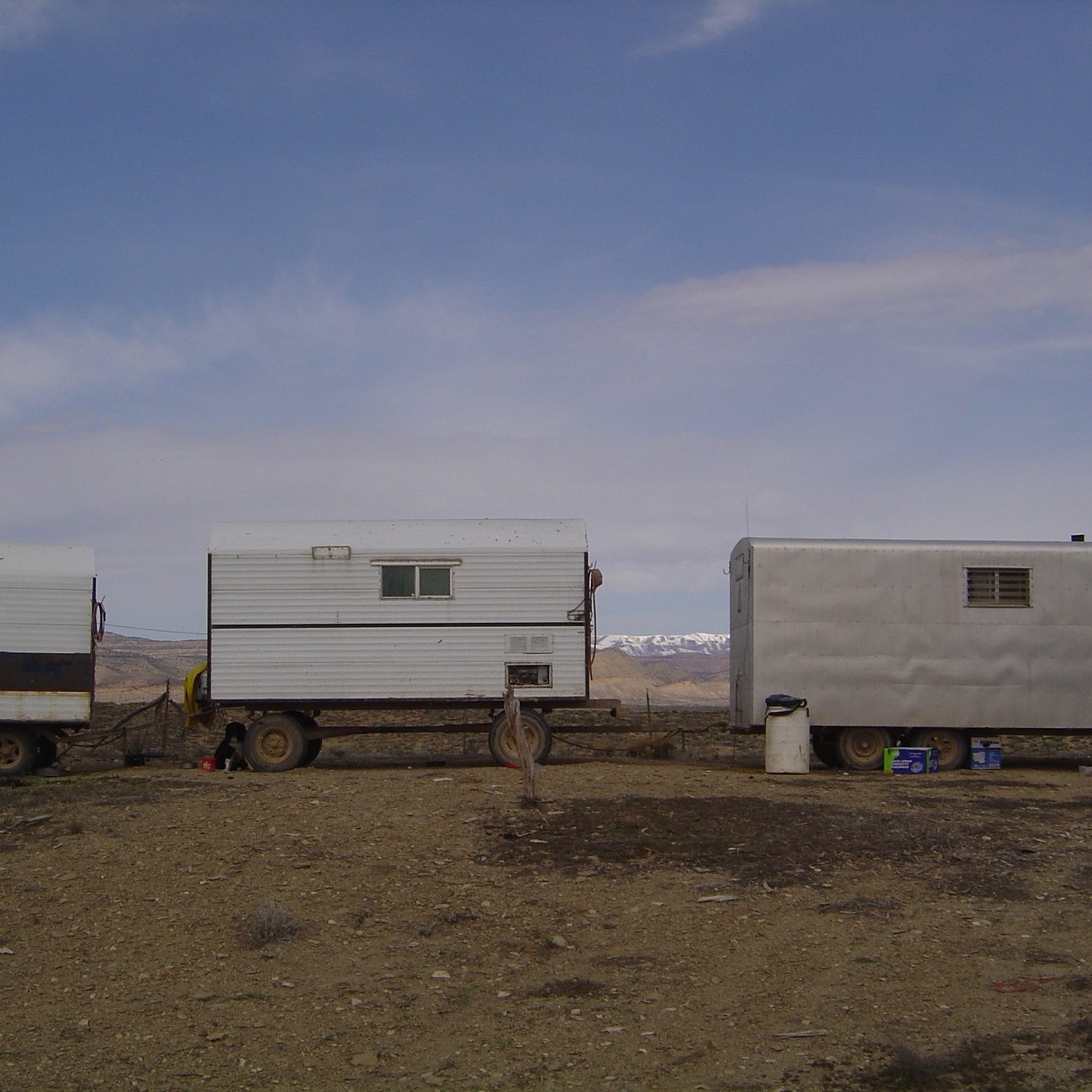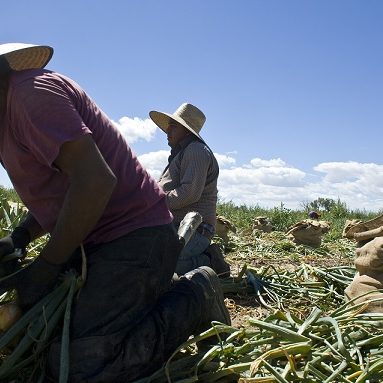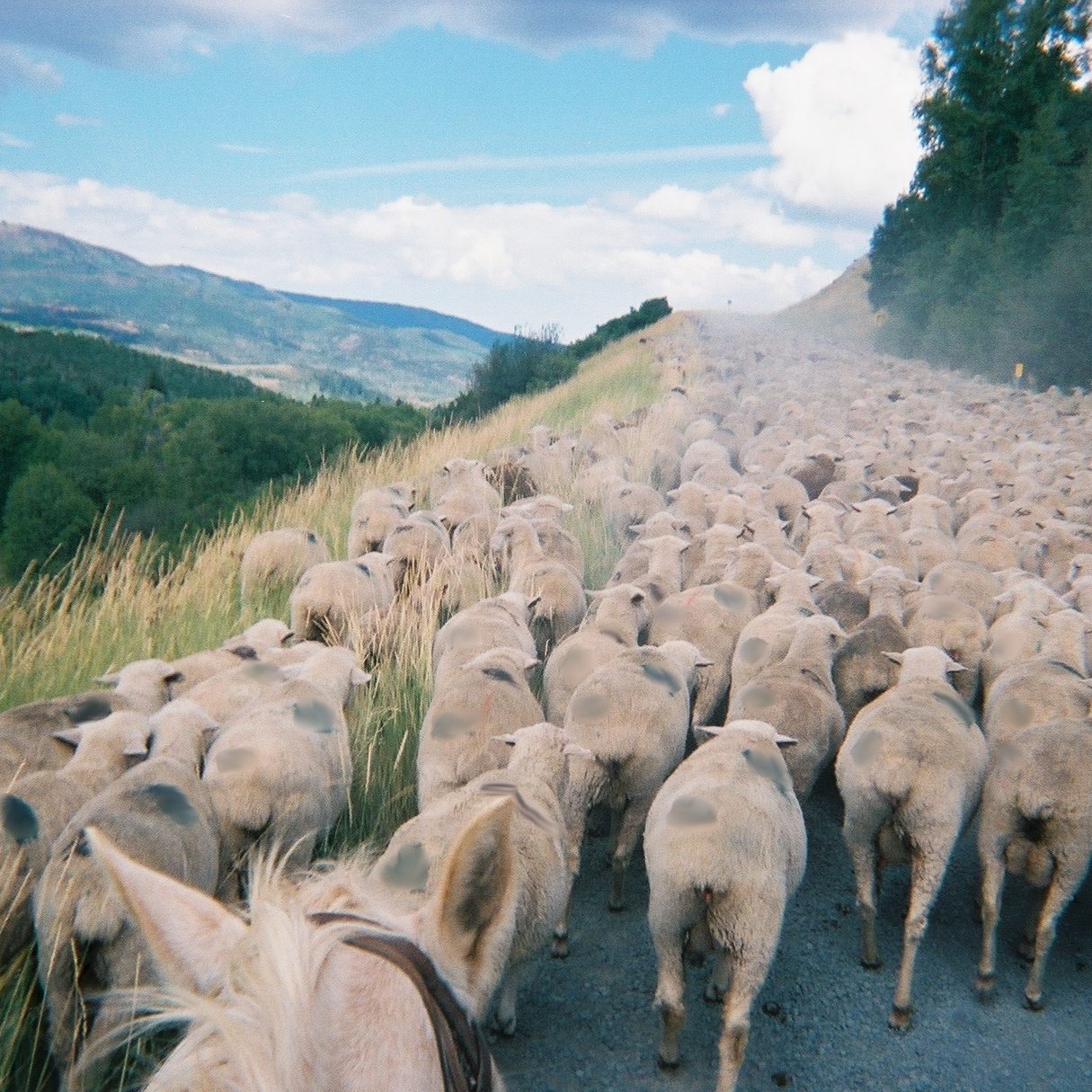They put food on the nation's tables, but the nation turns a blind eye to their living and working conditions here in the United States.
Farm workers comprise one of the most integral workforces in the United States, but they also are among the most abused and mistreated workers. They feed our nation, but most of them toil in terrible working conditions for extremely low wages and little job security. Without their labor, the agriculture industry could not produce all the commodities we take for granted as consumers.
Farm work ranks in the top 10 most dangerous and difficult jobs in the United States, as workers often have to deal with heavy machinery, pesticides and heatstroke. Yet these workers are also among the worst-compensated employees in the country, ranking in the bottom 10 lowest-paying jobs.
Farm Workers in Colorado
Colorado's roughly 37,000 farms and ranches brought in more than $8 billion in 2011, with about $1.65 billion being net income. In 2011, Colorado's top agricultural commodities included cattle (5th in U.S.), spring wheat (8th), hay and alfalfa (9th), corn for grain (14th), dairy (16th), and produce (16th). Colorado is also 3rd in the nation in sheep, goats and their products.
It is hard to ascertain the total number of farm workers within Colorado. There are farm workers who live here year-round as well as farm workers who migrate--from Texas, Arizona, Mexico and South America and Asia--during the growing season.
The vast majority of farm workers are located in four regions of Colorado: the Northeast (Adams, Weld, Larimer and Boulder Counties), the Arkansas Valley (Avondale, Manzanola, Rocky Ford, Granada and Lamar), the San Luis Valley (Center, Monte Vista and Alamosa) and the Western Slope (Delta, Olathe, Palisade, Hotchkiss, Paonia and Cedarredge). Many farm workers who herd sheep and cattle are located in the northwest.
Farm workers in Colorado deal with a panoply of work-related issues, including low wages and underpayment or unpaid wages, lack of job security, work-related injuries, occupational hazards (e.g., pesticides, heatstroke), sexual harassment and discrimination.
These problems are often compounded by the culture of fear that exists among farm workers. They fear retaliation by employers--being fired or not hired back for the following season--if they try to assert their rights. As such, the promise of stable employment, however degrading, is of more immediate value to many workers than asserting their legal rights.
Colorado Legal Services and its predecessor organizations have been helping farm workers with legal problems for decades. Since the beginning of 2008, the Migrant Farm Worker Division has helped workers collect hundreds of thousands of dollars in unpaid wages and other financial compensation.
